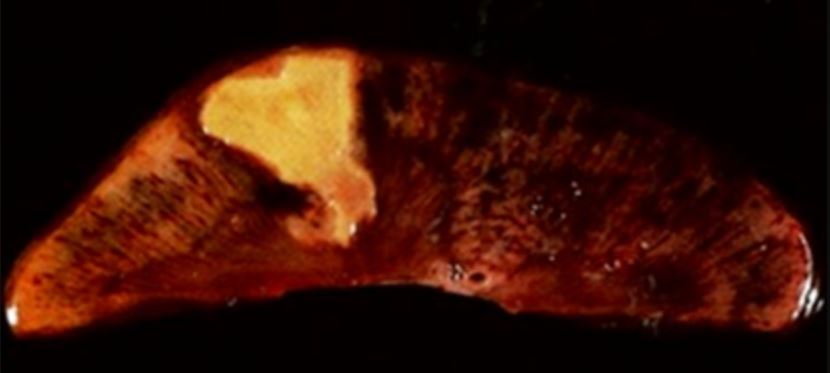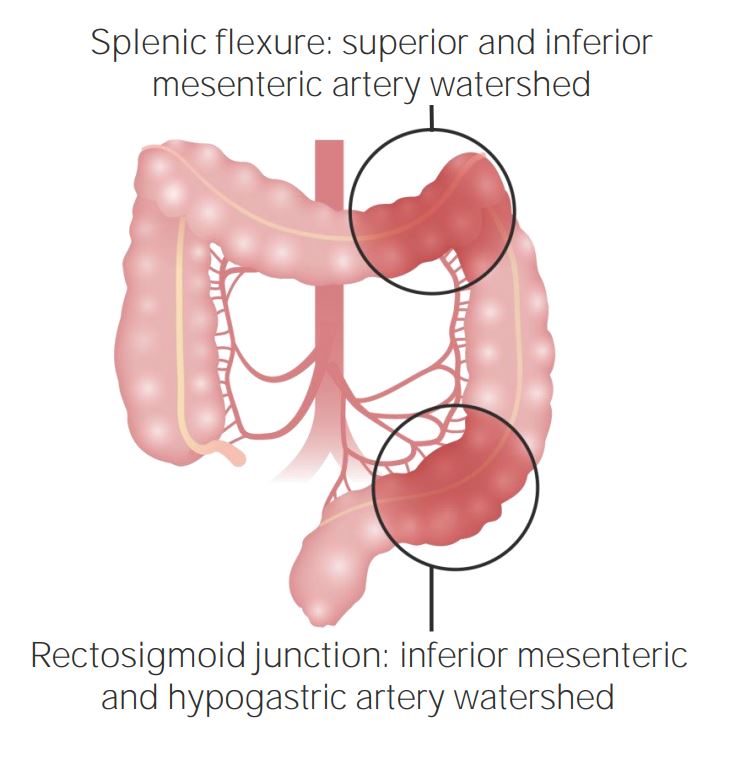Playlist
Show Playlist
Hide Playlist
Etiologies of Cellular Injury: Introduction
-
Slides Cellular Pathology Etiologies of Injury.pdf
-
Reference List Pathology.pdf
-
Download Lecture Overview
00:01 The topic for today is the Etiologies of Injury. 00:05 How various mechanisms can cause cell injury and cell death. 00:12 Here's the overall road map. 00:14 We had had in a previous discussion and overview, and we have many other things to cover. 00:19 But right now, we're going to talk about ideologies of injury. 00:23 How can we damage a cell or how can we damage a tissue? How can we damage the entire body? So that's where we're going today, that's the main focus. 00:33 So there are many different ways that we can be traumatized, and we, I mean ourselves and our tissues in our bodies. 00:41 One is hypoxia, so this is low oxygen tension. 00:45 This is inadequate oxygen, and it can happen by, holding your breath, it can happen by going to the top of Mount Everest. 00:54 There are many different ways to have hypoxia, but low oxygen is important because oxygen is the means by which we do electron transport to generate ATP. 01:04 There's chemical injury. 01:06 Clearly, chemicals can be toxic, but they are toxic in various ways to the tissues, and we'll discuss how it actually happens. 01:15 There's infection. 01:16 Infections can be directly injurious. 01:18 There can be lytic viral infections that will completely rupture cells. 01:24 There can be various toxins elaborated by certain microorganisms that cause injury, so infection is a big component of this overall sequence. 01:37 There's also the immune response. 01:38 So the immune response is great. 01:40 It protects us against infection, that's why we have it. 01:43 But a little can go a very long way, and sometimes the immune response can be injurious all by itself. 01:52 That is not just in the case of autoimmune disease, where the immune system turns on us and thinks that we're foreign. 01:59 But also in the case of an infection, response to an infection, the immune system doesn't know exactly when the microorganisms have been removed from the playing field, and they sometimes continued to do their thing, causing additional damage. 02:17 There's genetic injury, so mutations or variations that may lead to defective proteins or defective pathways can clearly cause cell injury. 02:29 We have nutritional injury, so actually, too much or too little or inadequate vitamins. 02:37 All of those can cause cell injury. 02:39 There's physical injury, so trauma, being shot, stabbed, run over by a truck. 02:47 All of those can be injury as clearly to multiple tissues. 02:52 And then there's aging, so senescence. 02:55 When the various cells and tissues don't turn over in a completely perfect way and we accumulate multiple little hits and over that period of time we lose the ability to regenerate perfectly. 03:10 And that's senescence. 03:12 Okay, so those are kind of, eight of the major players that cause, can cause cell injury. 03:19 We're going to emphasize the first four and talk a little bit more in detail about those.
About the Lecture
The lecture Etiologies of Cellular Injury: Introduction by Richard Mitchell, MD, PhD is from the course Cellular Injury.
Included Quiz Questions
Which of the cellular functions is the first to be affected by hypoxia?
- ATP generation
- Protein synthesis
- DNA synthesis
- Degradation and recycling of cellular components
- Communication with the surrounding environment
Which of the following is one of the mechanisms by which infections cause cell injury?
- Activating the host's immune system
- Accelerating cellular senescence
- Increasing oxygen concentration
- Releasing ionizing radiation
- Generating UV light
Customer reviews
5,0 of 5 stars
| 5 Stars |
|
3 |
| 4 Stars |
|
0 |
| 3 Stars |
|
0 |
| 2 Stars |
|
0 |
| 1 Star |
|
0 |
great explanation of given examples and also easy to grasp.
2 customer reviews without text
2 user review without text





